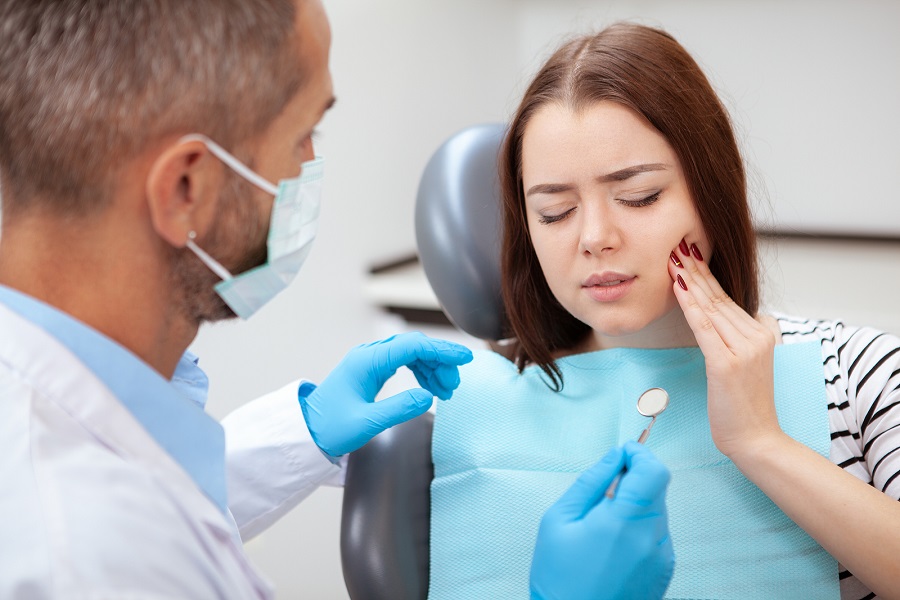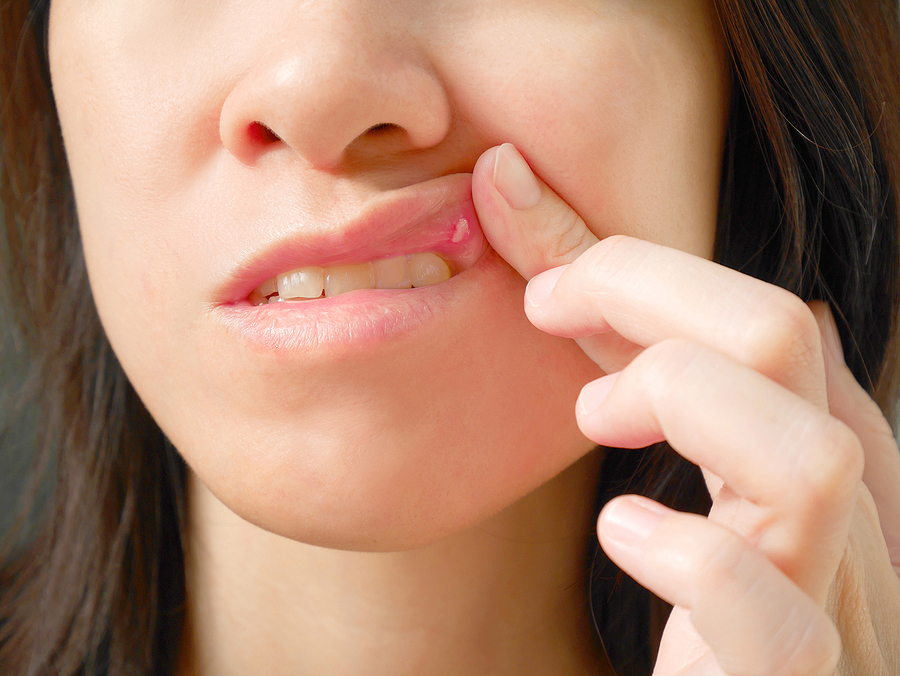Tooth extractions are vital for maintaining oral health when a tooth is severely damaged, decayed, or infected and cannot be restored through other dental treatments. Removing such problematic teeth can prevent the spread of infection to surrounding teeth and gum tissue, reduce pain, and eliminate potential sources of further oral health complications. Extractions are also crucial in cases of overcrowding, where they can create space for proper alignment during orthodontic treatments. By addressing these issues promptly, tooth extractions help maintain overall oral hygiene, prevent future dental problems, and support the long-term health and function of the mouth.
Types of Tooth Extractions
Simple Extractions
Simple extractions are performed on visible teeth that can be easily accessed and removed using forceps and elevators. Local anesthesia is typically used to numb the area around the tooth, ensuring a comfortable experience for the patient.
Surgical Extractions
Surgical extractions are more complex and involve removing teeth that are not easily accessible, such as impacted wisdom teeth or broken teeth below the gum line. This procedure may require an incision in the gum tissue and sometimes sectioning the tooth into smaller pieces for easier removal.
Common Reasons for Tooth Extractions
Severe Tooth Decay
One of the most common reasons for tooth extractions is severe decay or damage that cannot be effectively treated with fillings, crowns, or other restorative treatments. When decay has progressed to the point where it compromises the tooth's structural integrity, extraction may be the best course of action to prevent the spread of infection and preserve adjacent teeth.
Gum Disease
Advanced gum disease (periodontitis) can lead to the deterioration of the bone and tissues supporting the teeth, resulting in tooth loosening or loss. In some cases, extraction may be necessary to remove severely affected teeth and prevent the spread of infection to surrounding tissues.
Impacted Wisdom Teeth
Wisdom teeth, or third molars, often emerge in late adolescence or early adulthood. However, due to limited space or improper alignment, these teeth may become impacted (unable to emerge fully) or grow at an angle, causing pain, swelling, and infection. Extracting impacted wisdom teeth can alleviate discomfort and prevent potential complications.
Orthodontic Treatment
Tooth extractions may be recommended as part of orthodontic treatment to create space for adequately aligning the remaining teeth. In cases of overcrowding or misalignment, removing one or more teeth can facilitate orthodontic procedures such as braces or aligners, improving oral function and aesthetics.
Trauma or Injury
Teeth that are severely fractured, cracked, or damaged due to trauma or injury may need to be extracted if they cannot be effectively restored. Extraction may be necessary to prevent pain, infection, and damage to the surrounding teeth and tissues.
The Tooth Extraction Procedure
- Before the extraction, your dentist will review your medical history and take any necessary X-rays to assess the tooth's condition and surrounding tissues. Local anesthesia will be administered to numb the area around the tooth, ensuring a pain-free experience.
- Using specialized instruments, such as forceps and elevators, your dentist gently loos the tooth from its socket in the jawbone and periodontal ligaments. For simple extractions, the tooth is carefully lifted out of the socket. An incision may be made in the gum tissue for surgical extractions, and the tooth may be sectioned into smaller pieces for easier removal.
- Once the tooth has been extracted, your dentist will provide instructions for post-extraction care to promote healing and prevent complications. This may include applying gauze to the extraction site to control bleeding, avoiding certain foods and activities that may interfere with healing, and taking prescribed medications as directed.
- Depending on the complexity of the extraction and your healing process, your dentist may schedule a follow-up appointment to monitor your progress and ensure proper healing of the extraction site.
The Importance of Prompt Treatment
- Tooth decay and gum disease are bacterial infections that can spread to other teeth and tissues if left untreated. By extracting severely decayed or infected teeth, dentists can prevent the spread of bacteria and mitigate the risk of more severe infections or systemic health issues.
- Untreated dental issues can weaken the surrounding teeth and bone structure, increasing the risk of further tooth loss and compromising oral health. By removing damaged or infected teeth, dentists can preserve the integrity of adjacent teeth and maintain proper alignment and function.
- Tooth pain, swelling, and discomfort are common symptoms of dental problems that may necessitate extractions. By addressing these issues promptly through extraction, dentists can provide relief to patients and improve their quality of life.
- In cases of overcrowding or misalignment, extracting one or more teeth may be necessary to create space for orthodontic treatment. Properly aligned teeth are easier to clean and maintain, reducing the risk of dental issues such as decay and gum disease in the long term.
- Removing damaged or non-functional teeth can improve oral function, allowing patients to chew, speak, and smile confidently. Additionally, addressing dental issues promptly can prevent aesthetic concerns such as discolored or misshapen teeth, leading to a more attractive smile and enhanced self-esteem.
Tooth extractions are vital in maintaining oral health and preventing complications associated with dental issues such as decay, infection, and trauma. Visit The Dental Centre at 4301 W WILLIAM CANNON DR Building B #240, Austin, TX 78749, or call (512) 892-7800 to learn more about tooth extractions and how we can help restore oral health.
Visit Our Office
Austin, TX
4301 W WILLIAM CANNON DR Building B #240, Austin, TX 78749
Email: care@dentalcentreaustin.com
Book NowOffice Hours
- MON9:00 am-1:00 pm, 2:00 pm-5:00 pm
- TUE9:00 am-1:00 pm, 2:00 pm-6:00 pm
- WED9:00 am-1:00 pm, 2:00 pm-5:00 pm
- THU9:00 am-1:00 pm, 2:00 pm-6:00 pm
- FRIBy appointments only
- SAT - SUNClosed
4301 W WILLIAM CANNON DR Building B #240,
Austin, TX, 78749
Phone: (512) 892-7800Text Us: (512) 892-7800








